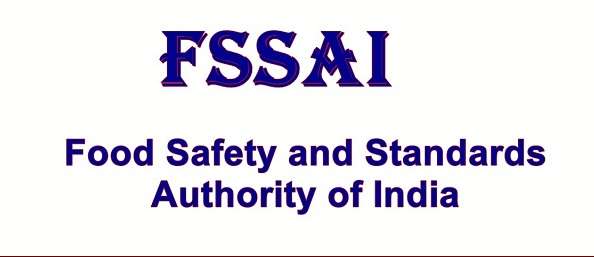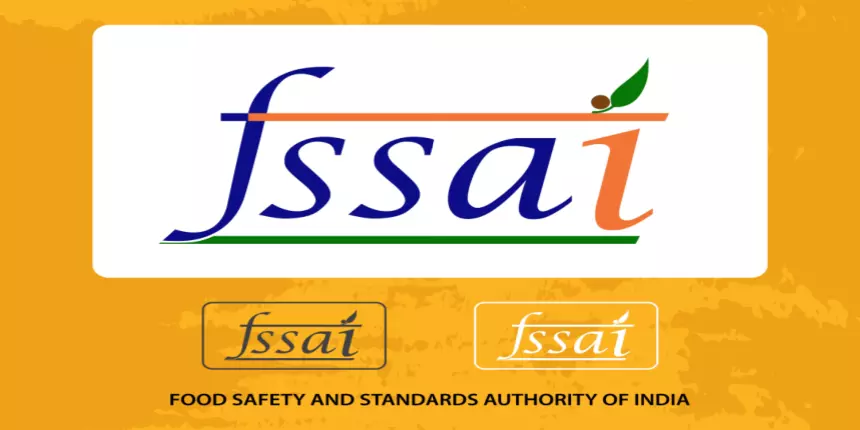The Food Safety and Standards Authority of India (FSSAI) is a statutory body under the Ministry of Health and Family Welfare, Government of India. It is responsible for laying down standards for all food products sold in India, including packaged foods, restaurant food, and street food. FSSAI also enforces these standards and takes action against food businesses that violate them.
FSSAI’s efforts to ensure safe and nutritious food have had a positive impact on the food safety situation in India. The number of food poisoning cases has declined in recent years, and the public is more aware of the importance of food safety. However, there is still more work to be done. FSSAI will continue to work to ensure that all Indians have access to safe and nutritious food.
The Role of FSSAI



The Food Safety and Standards Authority of India (FSSAI) is a statutory body under the Ministry of Health and Family Welfare, Government of India. It was established in 2006 under the Food Safety and Standards Act, 2006.
The role of FSSAI is to:
- Ensure the safety and quality of food in India
- Protect the health of consumers
- Promote fair trade practices in the food industry
- Promote research and development in food safety
Ensuring Food Safety
- The Regulatory Framework
At the core of FSSAI’s mission lies a comprehensive regulatory framework that sets standards for various food products. These standards are based on scientific research and best practices, ensuring that food items meet minimum safety and quality requirements. - Food Testing and Analysis
FSSAI conducts rigorous testing and analysis of food products through accredited laboratories. This practice helps identify contaminants, adulterants, and harmful substances, guaranteeing that the food reaching consumers is safe to eat.



Promoting Nutritional Awareness
- Labeling Requirements
FSSAI mandates clear and accurate labeling of food products. Nutritional information, ingredients, allergen details, and expiration dates must be provided on packaging to help consumers make informed choices. - Trans-Fat Free India Campaign
To combat the health risks associated with trans-fats, FSSAI launched the “Trans-Fat Free India” campaign. This initiative aims to eliminate industrially produced trans-fats from the food supply, promoting healthier diets.
Licensing and Registration



The Food Safety and Standards Authority of India (FSSAI) is responsible for regulating the food industry in India. FSSAI has a two-tiered system for licensing and registering food businesses:
- License: A license is required for food businesses that manufacture, process, pack, store, distribute, sell, or import food. The licensing requirements vary depending on the type of food business, but they typically include the following:
- A clean and sanitary facility
- Safe food handling practices
- Trained food handlers
- A food safety management system
- Registration: Registration is required for all food businesses, regardless of size or type. The registration requirements are less stringent than the licensing requirements, but they still include some basic requirements, such as providing information about the food business and its location.
Food Business Compliance
Food business compliance in India refers to the set of rules and regulations that food businesses must follow in order to operate safely and legally under the Food Safety and Standards Authority of India (FSSAI). These rules and regulations are designed to protect the health of consumers and to prevent foodborne illness.
The FSSAI has a number of different regulations that food businesses must comply with, including:
- Licensing and registration: All food businesses in India are required to be licensed and registered with FSSAI. The licensing and registration requirements vary depending on the type of food business.
- Premises and facilities: Food businesses must have clean and sanitary premises and facilities. They must also have adequate equipment and storage space to ensure that food is handled safely.
- Personal hygiene: Food handlers must be clean and healthy. They must also wear clean clothing and hairnets.
- Food handling practices: Food must be handled safely at all times. This includes following proper procedures for cleaning, cooking, and storing food.
- Food labeling: Food must be labeled correctly. This includes providing information about the ingredients, nutritional content, and allergens in the food.
- Testing and inspection: Food businesses must have their food tested regularly to ensure that it is safe to eat. They must also be inspected by FSSAI officials to ensure that they are complying with the regulations.






